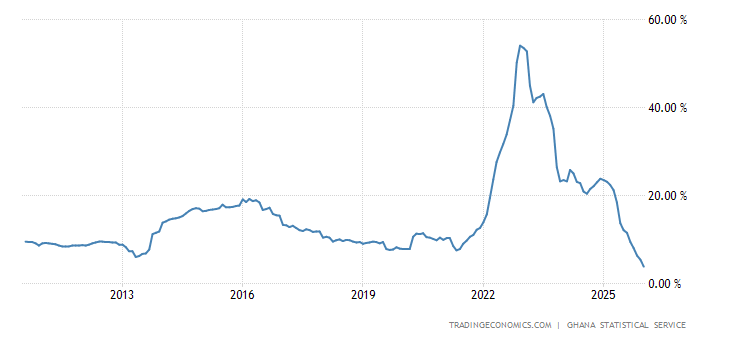‘You would have paid GH¢16 for $1 if NDC was in power’ – Bawumia claims
Vice-President, Dr Mahamudu Bawumia, has remarked that but for the NPP government, Ghanaians would have been wailing at the rate of depreciation of the currency.
While a dollar is going for nearly GH¢6, Bawumia estimates that if the NDC government had been allowed to continue, a dollar would have gone for GH¢16.
While in opposition, It was Dr. Bawumia who led the NPP pummeling the government NDC over its ‘abysmal’ management of the economy.
In an interview on Peace FM Tuesday, monitored by theghanareport.com, Bawumia was responding to the promise he made to arrest the cedi if Ghanaians voted NPP in 2016.
Since forming a government in 2017, the cyclical complaints about the rate of depreciation of the cedi against the major currencies have persisted.
But Bawumia has compared the NPP management of the cedi to that of its predecessor.
From 2013 to 2016 under the Mahama-led NDC government, the cedi depreciated averagely by about 18%, he pointed out. In nearly the same period under president Nana Akufo-Addo, the depreciation is averagely 8.7%.
In a further argument, he reminded Ghanaians that after the re-denomination of the currency in 2007, a cedi went for one dollar. But when the NDC lost power in 2016, a dollar was being exchanged for about four cedis.
It meant a quadrupling of the cedis against the dollar, he said.
Based on this exponential growth, he said if John Mahama had been re-elected in 2016, the cedi would have been going for 16 cedis, he claimed.
But it is only GH¢5.9 currently. The NPP government, he remarked has “really performed well.”
In a further argument, Bawumia pointed out that while the currency grows volatile especially in election years, the year 2020 has bucked the trend.
The Vice-President said the cedi had depreciated by just around 2%.
“I have not seen the exchange rate depreciation since 1992 to be this low in an election year,” he expressed surprise at his own government’s performance.
“It is very remarkable,” he raved.
But the government’s critics insist that the cedi’s depreciation had been tamed in 2020 because of COVID-19 as the thousands of Ghanaians who head to China to import goods were unable to do so, easing pressure on the currency.
Depreciation and inflation
But the Vice-President explained that to manage the exchange rate, the government has to keep the inflation rate under a leash.
A lower inflation rate would translate into a lower exchange rate, he lectured.
Inflation hovered around 19% in 2016 before the NPP government took over.
It dropped to as low as 8% before the outbreak of coronavirus. It is now 11.4% as of July 2020, the highest inflation rate since December of 2017.
Analysts point to an increased demand for food and non-food products during the height of coronavirus when the government announced a lockdown insulate Ghanaians from coronavirus spread.

Cedi arrest
When the Akufo-Addo administration was celebrating its 100 days milestone in 2017, the Vice President said touted the currency stability as one of the 103 achievements of the government.
“When we came in, it [cedi] was running, essentially we have arrested it [cedi], and the IGP has the keys, he’s locked it up, we want to make sure we pursue sound policies to keep the cedi stable, it has appreciated for this year,” he said in a presentation laced with humour.
Some experts believe that the cedi’s cyclical depreciation rate can only be stopped with an export-led economy.




Bawumia should stop the blame game and perform to save the cedis from further depreciation. USD 1.00 = GHS 6.00 now
Bawumia should stop his assumptions and face the realities. He said he was coming to stop the depreciation of the cedi but today a $ is 6 cedis, He said they were not going to borrow but today they have borrowed Ghc160b in 3 years.
Now he’s been found to be a complainer than a problem solved.